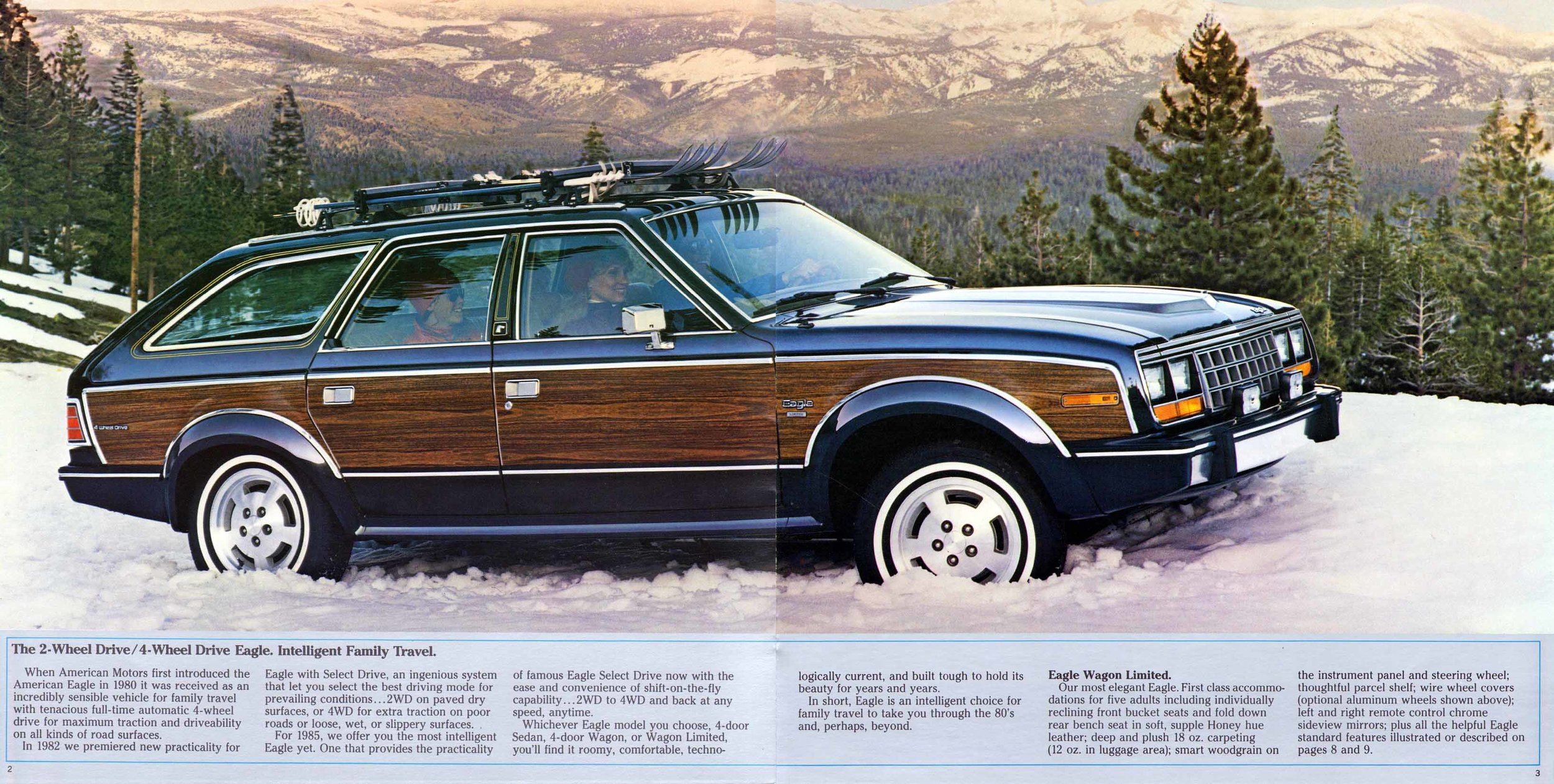
A few years ago (with COVID-related time-dilation, 5 years is now ‘a few’) I wrote a blog post about the then-imminent iMac Pro comparing it to the first crossover. Back then, I wrote:
The iMac Pro […] is the AMC Eagle. It’s the first Mac to be car-first, run by the A-series processor which then boots the legacy Intel hardware. For now, it will (like the Eagle) only provide a few benefits to security. Eventually, this will become the way all mainstream computers are built…
It was the first mainstream computer to use a mobile chip in a primary role — taking the A10 processor out of the iPhone 7. Most computers at the time were descended from the proverbial ‘truck’ — even the lightest laptops were using processors for heavy-duty computing evolved to work in a smaller computer. That iMac in 2017 heralded an era when computers would be based primarily on chips originally designed for phones and then scaled up to power laptops and desktops.
